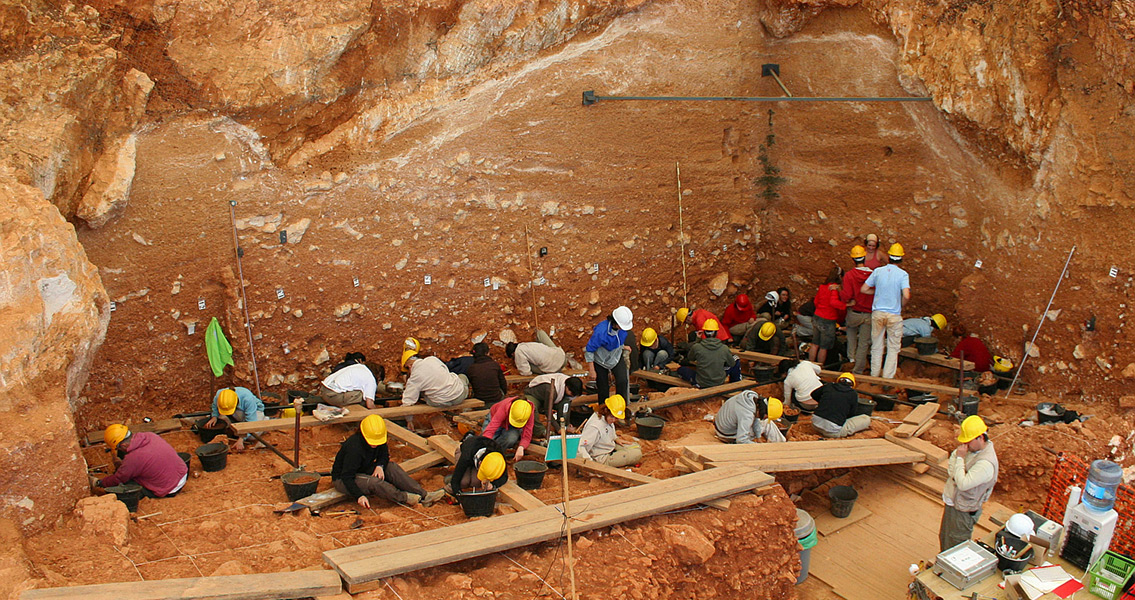<![CDATA[An international research team led by scientists from Sweden’s Uppsala University has recently published its findings indicating that the closest genetic relatives to early farmers living in the Iberian Peninsula are the modern-day Basques. Prior to this newest study, most scholarship was focused on how Stone Age hunter-gatherers transitioned from small yet highly mobile bands of individuals to instead larger and more sedentary agricultural settlements in northern and central Europe. How such events came to pass in Iberia has been largely unexplored up until now, with the researchers conducting DNA analysis on the remains of eight Iberian farmers thought to have lived anywhere from 3,500 to 5,000 years ago. These remains were discovered in northern Spain’s Atapuerca site, specifically from the El Portalón cave. According to Dr. Cristina Valdiosera, one of the lead authors of the study, the cave site is world-famous thanks to how well-preserved nearly every archaeological find is from El Portalón. In a press release from Uppsala University published in conjunction with the study, Dr. Valdiosera remarked that yearly excavation efforts from the site yield metal objects, bone artifacts, stone tools, ceramics, and human and animal bones that have provided vast depths of knowledge for a wide range of disciplines. The quality of the organic material sourced from the cave has made it possible for the team to study the genetics of the remains alongside the archaeology, Dr. Valdiosera added. The research team sequenced genetic data from these ancient farmers, discovering that their origins had several things in common with their northern and central European counterparts. Much like in other locales, these farmers were the by-product of a wave of expansion from humans to the south as well as an admixture of local populations of hunter-gatherers. Additional similarities included the growth of farming; as the population expanded, agricultural practices spread. Of particular interest is how the ancient Iberian individuals found in El Portalón have the most genetic similarities to the Basque, a modern Spanish population that has several important distinctions including a unique genetic makeup, a language that doesn’t have its sources in Indo-European, and a culture that stands apart from other regional groups. Basques have long been considered a population with very deep roots in the region that have remained largely intact for as long as 10,000 years by some estimations. What the new discoveries mean is that the previous views of the Basques as a remnant population with links to hunter-gatherer groups from the Mesolithic are largely incorrect, since their ancestry has instead been traced to these early Iberian farming groups. On a genetic level, Basques have little to no admixture from other genetic sources common to other Iberian groups such as north Africa or eastern Europe, giving credence to the idea that the Basque population has been relatively isolated for the last five millennia. For more information: www.pnas.org Image courtesy of Wikimedia Commons user: Mario Modesto Mata]]>
Basques Linked to Ancient Iberian Farmers
